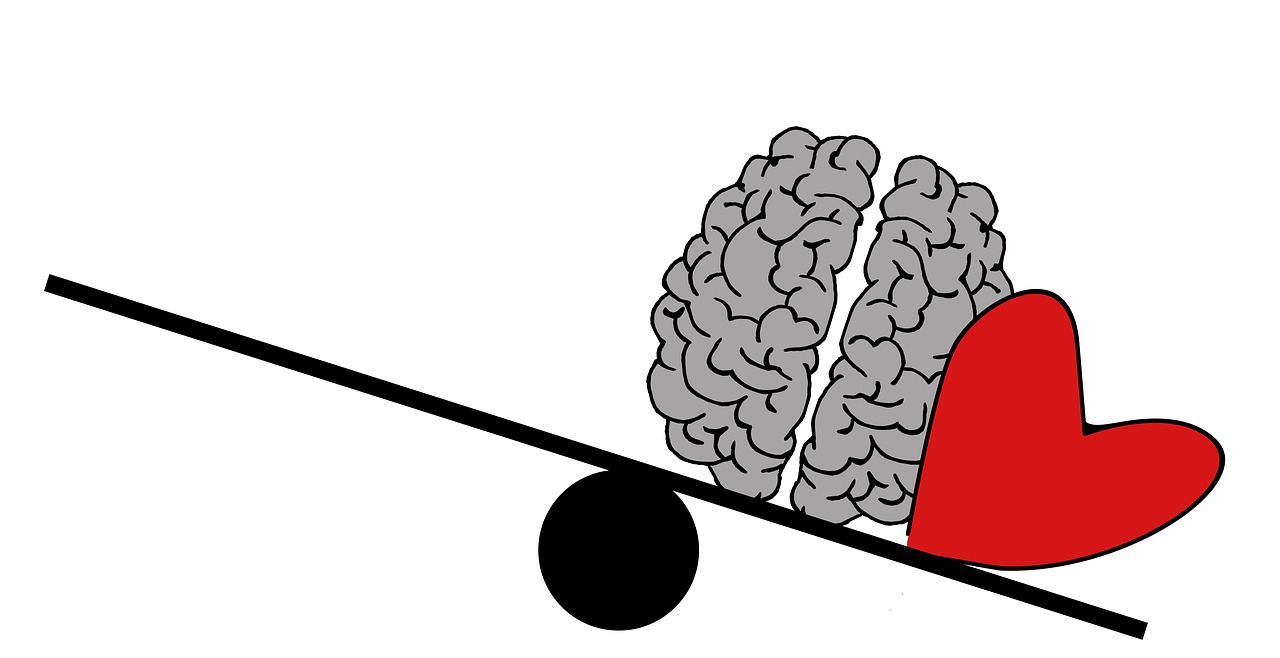A few years ago—in an ancient time before smartphones, the internet and the 24-hour news cycle—there was this concept called “The nine-to-five workday.” You may have heard of it, or maybe you know the song from the movie. But just in case you’re unfamiliar, the quaint notion was that people worked at their desks for eight hours or so. And then, they went home, to their personal lives! They left work and the office behind until the next morning.
I know!!!! Crazy, right?
In today’s world, where people are available 24-7 at the tap of an app, it seems inconceivable that we would maintain a wall between our work and personal lives. Because these days, it all overlaps, whether we want it to or not. But in truth, it always has, to some degree. The great psychologist and champion of mindfulness, Jon Kabat Zinn, summarized it best in the title of his ground-breaking book: “Wherever you go, there you are.” We really can’t escape ourselves or compartmentalize our lives so strictly that some part of our spirit doesn’t appear wherever we are. And that’s a good thing, if we’re paying attention.
Personal habits and values show up at home and work. So, listen.
It’s important to know and hear ourselves clearly, to learn how to distinguish reflexes from hunches. When we understand ourselves, we can differentiate a reaction from an inspiration, impulse from instinct. We can also learn not to shoot ourselves down. That’s where the gold is. That’s when we begin to learn how to “trust our gut.”
Our gut speaks to us all the time. We get feelings, intuitions about what we should be doing at work, about a stock to invest in, a personal project. That wave of excitement that overcomes you when you have an inkling about a work solution or an entrepreneurial pursuit, that’s your gut trying to get your attention. Unfortunately, it often must argue with your rational mind to be heard and then taken seriously. After all, we’re supposed to be responsible and avoid foolish risks, yes? But who says all risks are foolish?
Identifying gut feelings and the ways we stifle them.
Here’s a scenario to help us visualize the otherwise wishy-washy, intangible world of feelings. Say you’re sitting in a business meeting, reviewing your supply chain, when someone comes up with a radical new way to package and ship products. It’s an idea that could save money and streamline the process. Though drastically different from what the company is doing now, everyone is taking the suggestion seriously — everyone, that is, but the Naysayer, the same person who always throws darts at the trial balloon before it’s barely aloft. Their tangible metrics dispute the theoretical savings coming down the road, which dampens enthusiasm and kills the idea on the spot.
“No” has power. So, does your rational mind, often smothering your visceral input before you can even make sense of it. But imagine if we treated our gut instincts as respectfully as we did “the metrics.” Imagine if we valued intuition.
Practice makes perfect. Trust your feelings with smaller decisions first.
Think of it as instinct coaching, putting on the training wheels to help you spot an intuition and then go with it quickly. Begin with one of your household decisions, like whether to repair or replace a small appliance, or whether to try a new restaurant over the old standby. Let your intuition bubble up and be heard. Brainstorm a little if it helps get you out of the rut. With practice, you’ll start having more inspirations versus rote reactions and you’ll begin responding to them more quickly. You’ll also start learning to be a little braver while you inch out of your comfort zone.
Hindsight versus Now. Perfection is the enemy or progress.
Ah, hindsight! It never takes a risk or makes a mistake. Because it all does is look backward and comment. It never moves anything ahead, creates something valuable, or changes the world. The difference between hindsight and gut instinct is a matter of tense. Hindsight is past tense. Gut instinct is present tense, or better yet present tension. Treated properly, it’s a voice you need to respond to NOW.
One of the most powerful observations on answering your gut comes from the brilliant author, Ray Bradbury. It should come as no surprise that we could not have written it better than he did: “If we listened to our intellect we’d never have a love affair. We’d never have a friendship. We’d never go into business because we’d be cynical: “It’s gonna go wrong.” Or, “She’s going to hurt me.” Or, “I’ve had a couple of bad love affairs, so, therefore . . .” Well, that’s nonsense. You’re going to miss life. You’ve got to jump off the cliff all the time and build your wings on the way down.”
If this article resonates with you and you want to “Live Intentionally’ and ‘Think To Be Happy’ feel free to reach out, no strings attached. I can be reached at drcharles@thinktobehappy.com or (310) 689-4310
 Shawna Charles holds a MBA and Ph.D. in Clinical Psychology. She is an certified parenting coach and ‘ACTIONIST’ who motivates people to intentionally choose happiness. She teaches the power of confessing, creating and choosing happiness. She is also the creator and founder of ‘Think To Be Happy’. Dr. Charles loves what she does and who she is becoming and invites you to join her on this happy life journey.
Shawna Charles holds a MBA and Ph.D. in Clinical Psychology. She is an certified parenting coach and ‘ACTIONIST’ who motivates people to intentionally choose happiness. She teaches the power of confessing, creating and choosing happiness. She is also the creator and founder of ‘Think To Be Happy’. Dr. Charles loves what she does and who she is becoming and invites you to join her on this happy life journey.
